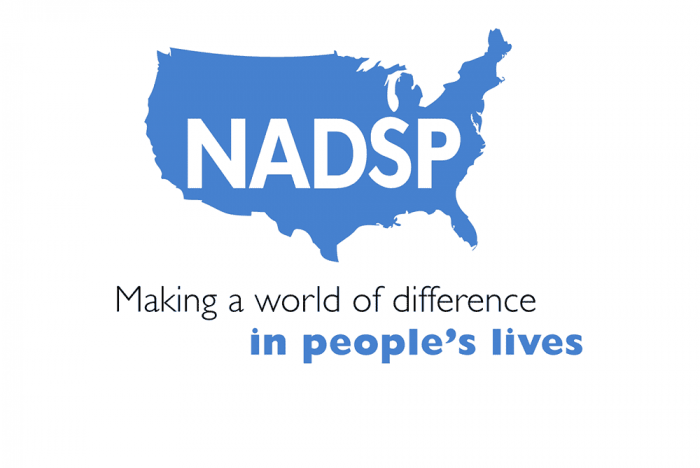Register Now to Join RCPA For Our 2024 Capitol Day
Advocate for yourselves and others by meeting with legislators directly! Take the opportunity to join RCPA as we hold our annual Capitol Day this year on Tuesday, March 19. We will hold a press conference in the Main Rotunda between 10:30 am – 11:30 am, which will tentatively include speakers such as:
- Representative Dan Miller;
- Representative Stephen Kinsey;
- Representative Doyle Heffley;
- Senator Art Haywood; and
- Senator Frank Farry.
You can register for our Capitol Day press conference by contacting Allison Brognia directly. Please let us know if additional staff or colleagues within your organization are planning to attend Capitol Day with you. RCPA requests that members schedule appointments with their Senate and House legislators directly to discuss the state budget, legislation, and regulations after our press conference.
We ask that you please use RCPA’s legislative priorities one-pager during your legislative visits. As an additional resource, members can visit the Pennsylvania Capitol website to locate parking and view maps of the building. If you have questions regarding our 2024 Capitol Day, please contact Jack Phillips.


















